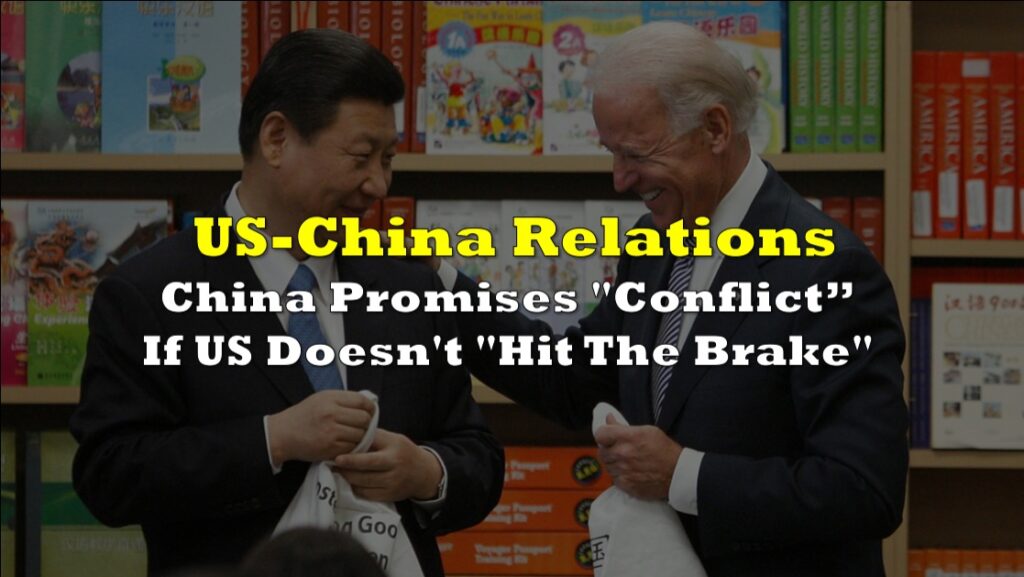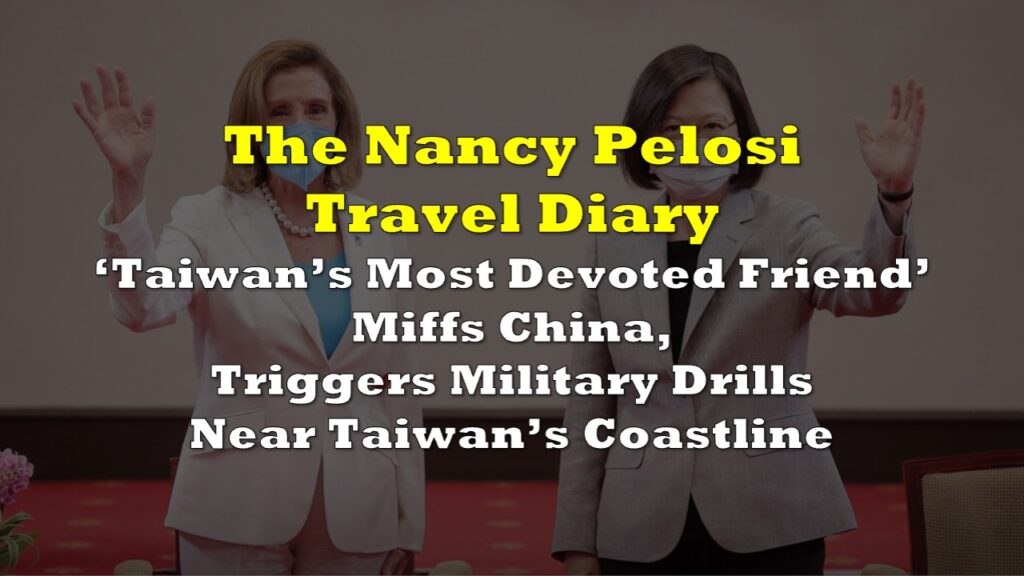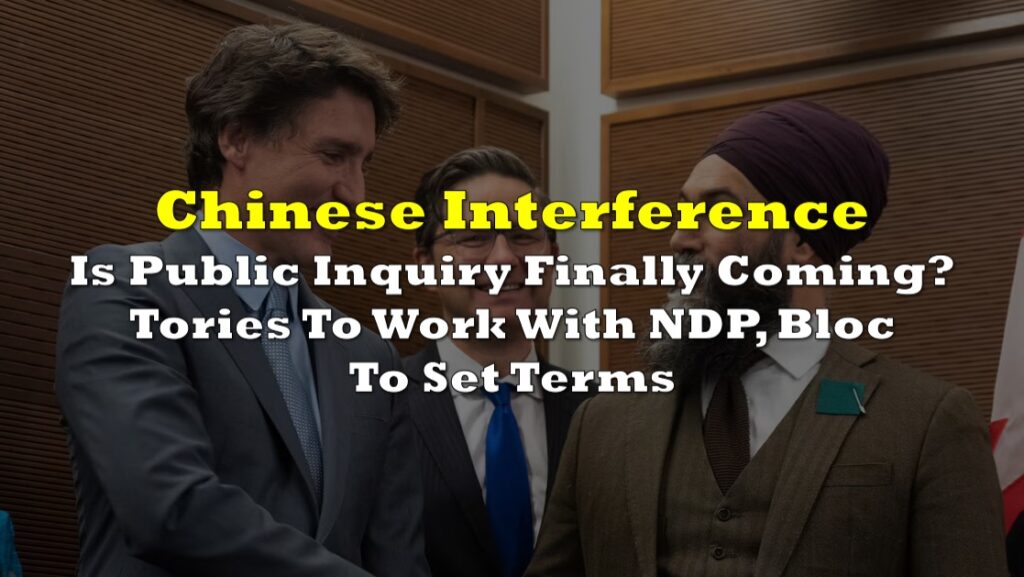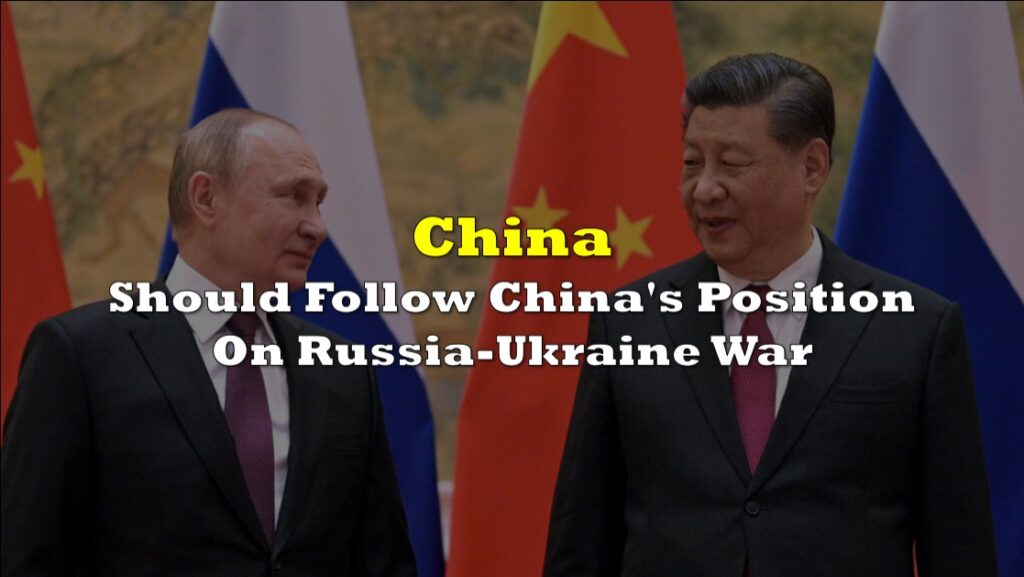China seems to be adamant in its intent to make its “reunification” with Taiwan sooner rather than later, as US State Secretary Antony Blinken observed.
Speaking at an event at Standford University, Blinken said China had made a “fundamental decision that the status quo was no longer acceptable, and that Beijing was determined to pursue reunification on a much faster timeline.”
“There has been a change in the approach from Beijing toward Taiwan in recent years,” the US top diplomat noted.
The postulation also stemmed from Blinken’s characterization of the Chinese government under President Xi Jinping’s leadership, saying the country was “more repressive at home” and “more aggressive abroad.”
“If peaceful means didn’t work, then it would employ coercive means,” he said. “And possibly, if coercive means don’t work, then maybe forceful means to achieve its objectives. And that is what is profoundly disrupting the status quo and creating tremendous tensions.”
His comments come after Xi gave a speech at the twice-a-decade Chinese Communist party congress on Sunday, saying that “wheels of history are rolling on towards China’s reunification” with the island.
“We reserve the option of taking all means necessary,” Xi warned.
The State Department did not immediately answer on Monday to an inquiry about whether Blinken’s remarks reflected any formal judgment that China has accelerated its plans to take Taiwan.
In a nutshell, the People’s Republic of China is still claiming the Republic of China that inhabits the Taiwan island as part of its territory, while the latter has been asserting its independence. With Beijing’s status as an economic superpower and vital trade partner, many countries adhere to its view as that it is the sole representative of China and Taiwan is a self-governing territory under it.
For its part, the US does not recognize Taiwan as a country to appease China, although it does multibillion dollar trade with Taipei as a net importer–mostly semiconductor chips.
The long-standing animosity has been intensified by US House Speaker Nancy Pelosi’s state visit to Taiwan, pushing China to impose sanctions on the Congress leader and cut cooperation ties with Washington DC.
Chinese embassy spokesman Liu Pengyu asserted the mainland’s sovereignty over Taiwan upon the news of the United States’ proposed US$1.1 billion arms sale to the self-governing island, saying the mainland “will resolutely take legitimate and necessary counter-measures in light of the development of the situation.”
A nationwide survey found that a majority of Americans believe that the United States does not consider itself to be at war with the Chinese government, but a significant portion of the same respondents think that the communist regime considers itself to be at war with the US.
But one person seems to be taking the China-Taiwan situation seriously: Elon Musk. The Tesla chief was quoted in an interview recommending “to figure out a special administrative zone for Taiwan.” His comments got praises from Chinese Ambassador to the US Qin Gang but got flak from Taiwanese Ambassador to the US Bi-khim Hsiao, with the latter highlighting that “freedom and democracy are not for sale.”
Things are expected to only escalate from here as China’s top Communist Party officials are predicted to choose Xi as president for a third term, in an unprecedented move that will surely cement the communist country’s authoritarian regime for another five years.
Information for this briefing was found via Bloomberg. The author has no securities or affiliations related to this organization. Not a recommendation to buy or sell. Always do additional research and consult a professional before purchasing a security. The author holds no licenses.









